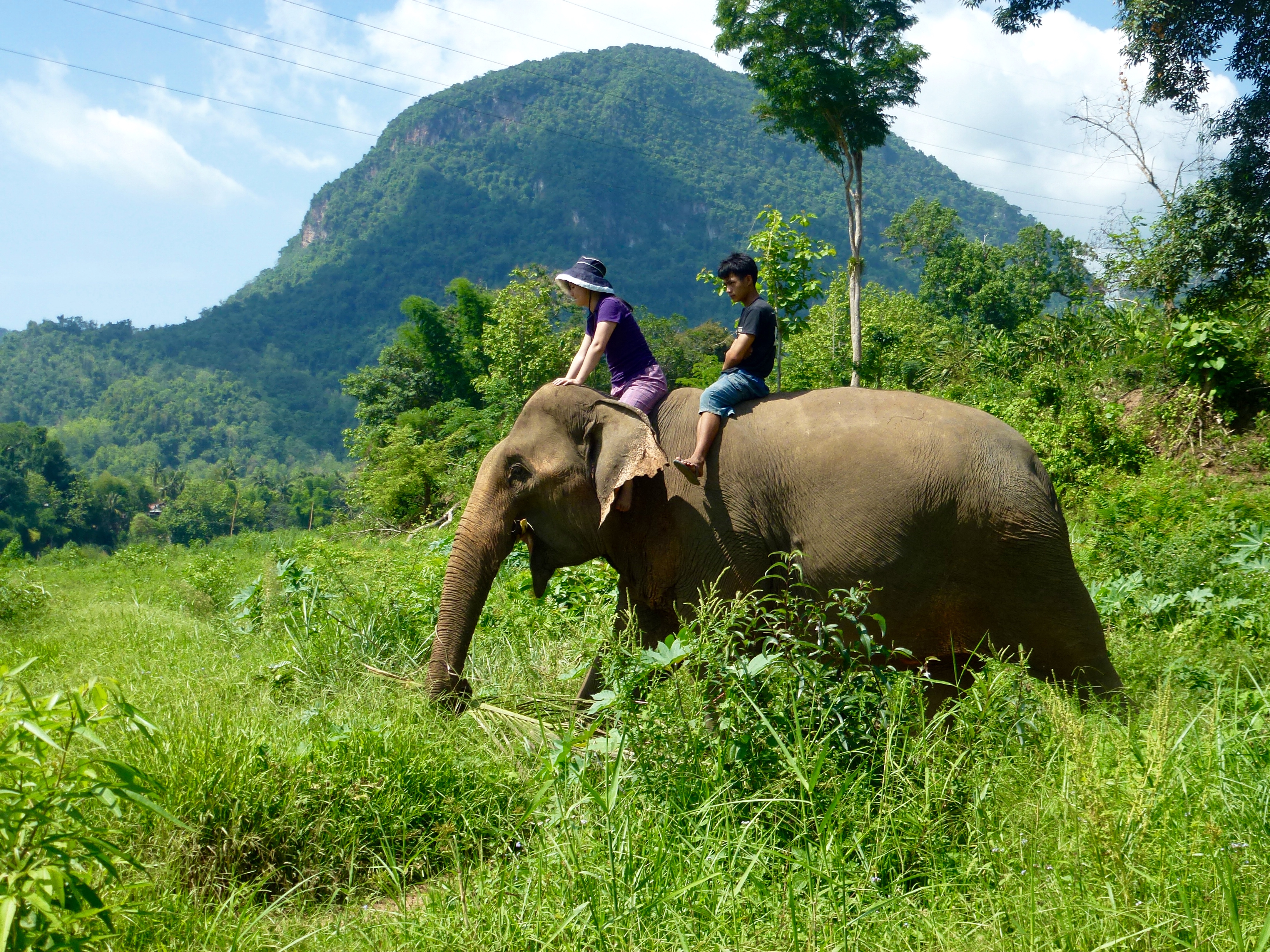
Rabies – what to do if you are bitten overseas?
 We recently had an interesting case come through our Travel Clinic involving a lady bitten by a monkey whilst overseas, enquiring about rabies.
We recently had an interesting case come through our Travel Clinic involving a lady bitten by a monkey whilst overseas, enquiring about rabies.
Just by chance, the lady was chatting to a friend over a Christmas dinner that she had been bitten by a monkey at a temple in Bali 2 months ago and the friend alerted her that she should see a doctor for “post exposure rabies prophylaxis”.
The lady had no symptoms and her wound had healed up completely, so does she still need treatment?
She still requires rabies post exposure porphylaxis as rabies incubation period can be quite prolonged. So while she has not experienced any symptoms yet there is still a possibility of developing rabies later. And if she does develop rabies, it is untreatable and 100% fatal.
Just as well that her friend had advised her appropriately to check with a doctor!
Rabies is a virus transmitted by a bite or a scratch from an animal infected by rabies and attaches itself to the nervous system. Post exposure treatment should be commenced immediately to prevent rabies, ideally within 48 hours of exposure. Onset of symptoms can occur within a week of exposure to several months or more for which there is no treatment.
Post exposure prophylaxis (PEP) involves:
- Cleaning the wound thoroughly for 15 minutes with soap and water or Betadine.
- An injection of immunoglobulin around the wound
- 4 rabies vaccinations over 2 weeks
- This treatment should commence within 48 hours of a bite or scratch. Immunoglobulin is not available in many third world countries and usually necessitates an urgent return to Australia to receive this treatment!
Moral of the story: Don’t feed, touch, or pat animals while you are overseas. If you do get bitten or scratched by an animal while you are overseas you need post exposure prophylaxis ideally within 48 hours of a bite. Even better – get your shots before you leave!
Key facts
 Rabies is a vaccine-preventable viral disease which occurs in more than 150 countries and territories.
Rabies is a vaccine-preventable viral disease which occurs in more than 150 countries and territories.- Infection causes tens of thousands of deaths every year, mostly in Asia and Africa.
- 40% of people who are bitten by suspect rabies animals are children under 15 years of age.
- Dogs are the source of the vast majority of human rabies deaths.
- Immediate wound cleansing and immunization within a few hours after contact with a suspect rabies animal can prevent the onset of rabies and death.
- Every year, more than 15 million people worldwide receive a post-exposure vaccination to prevent the disease – this is estimated to prevent hundreds of thousands of rabies deaths annually.
For more information, see the WHO article on rabies:
http://www.who.int/mediacentre/factsheets/fs099/en/
Call us on 3257 0841 if you would like to make an appointment to discuss rabies or any aspects of your travel plan with a doctor. For more information on our Travel Clinic visit Doctors @ Teneriffe Travel Clinic.
Dr. Chris is a member of the International Society of Travel Medicine and has a Certificate in Travel Health.



